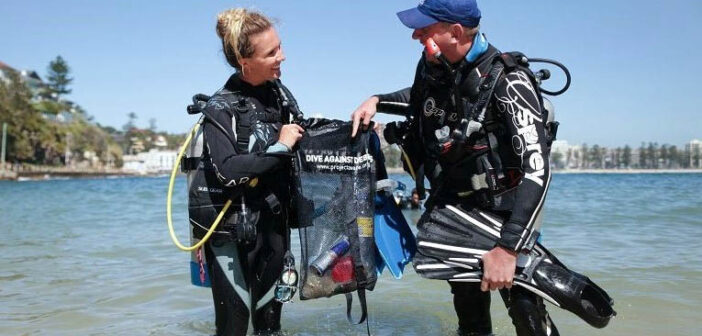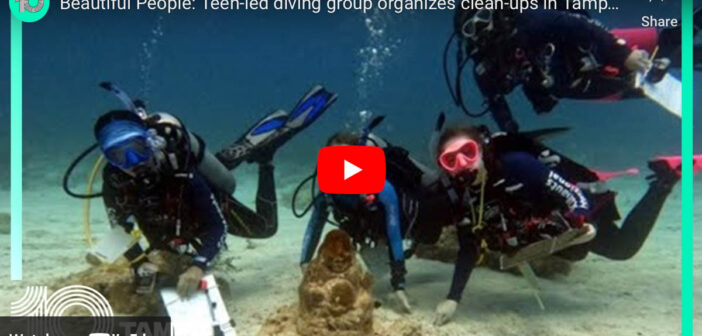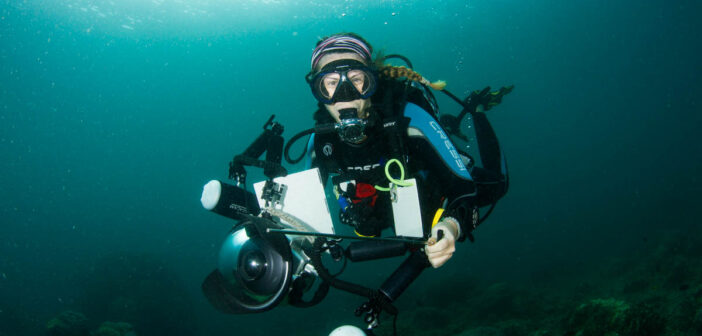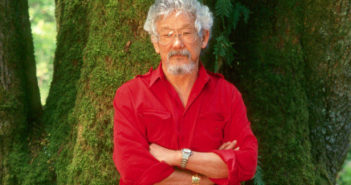
Browsing: Environmental News
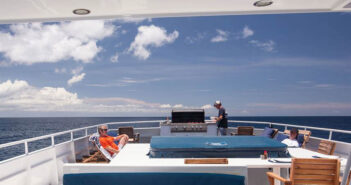
Mucky Research – A scientific look at the world famous critters!
Muck diving has gathered worldwide fame in recent years, underwater photographers and scuba diving enthusiasts…
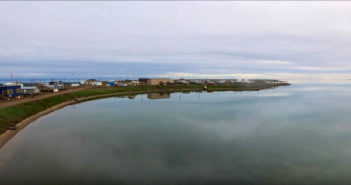
Traditional Knowledge Plays Into Protected Area Designation
A new marine protected area in the Canadian Arctic protects species and habitats, prevents oil and gas development and safeguards economic activities for Inuvialuit.
Traditional Knowledge Plays Into Protected Area Designation
A new marine protected area in the Canadian Arctic protects species and habitats, prevents oil…
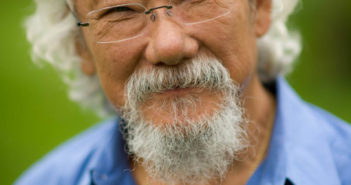
Reconciliation requires recognizing rights-based fishing
Fishing is as emblematic to Canada as ice hockey. It’s also a way of life with a long tradition in coastal Indigenous communities. But since European contact, it’s been all but eliminated as an economic development opportunity for them.
Reconciliation requires recognizing rights-based fishing
Fishing is as emblematic to Canada as ice hockey. It’s also a way of life…

Kiwis Unite to Call for Action on Climate Change
Just home from UN climate talks in Marrakech, Climate Change Minister, Paula Bennett was sent an open letter recently from businesses, health professionals, climate scientists, academics, faith groups, and prominent New Zealanders calling for action on climate change.
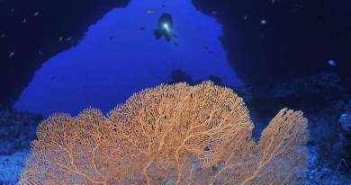
Kiwis Unite to Call for Action on Climate Change
Just home from UN climate talks in Marrakech, Climate Change Minister, Paula Bennett was sent…
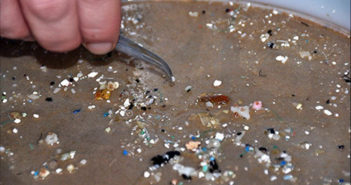
Ecojustice applauds federal ban on microbeads
The Canadian government has announced a ban on microbeads, and this progressive move will keep this harmful plastic pollutant out of Canada’s waterways. When products containing microbeads, such as cleansers, lotions and toothpastes, are used and rinsed down the drain, these bits of plastic — typically 1.0 millimetre or smaller in diameter — are too small to be caught by wastewater treatment facilities. Instead, they are flushed directly into lakes, rivers and streams, where they wreak havoc on wildlife. Scientists have found millions of microbeads in the Great Lakes, with the highest concentrations occurring near urban areas.
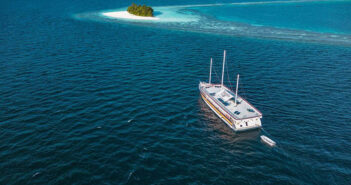
Ecojustice applauds federal ban on microbeads
The Canadian government has announced a ban on microbeads, and this progressive move will keep…
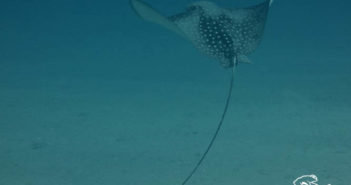
Running for Sharks
A conservation virtual running event has captured the public’s attention and turned from a solo event into a global one, with runners around the world signing up to participate.
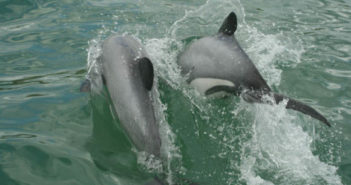
Acoustic Monitoring of Māui Dolphins a Success
Māui’s dolphin, a subspecies of Hector’s dolphin found off the west coast of the North Island, is the rarest marine dolphin and has approximately just 63 individuals remaining in the wild. This critically endangered dolphin needs all the help it can get to recover from fisheries bycatch.
Acoustic Monitoring of Māui Dolphins a Success
Māui’s dolphin, a subspecies of Hector’s dolphin found off the west coast of the North…

World’s Largest Marine Protected Area Created in Ross Sea, Antarctica
The recent landmark announcement of the world’s newest and largest marine protected area (MPA) in the Ross Sea in Antarctica brought great personal joy to me and closure to an incredible journey that began ten-years ago.
World’s Largest Marine Protected Area Created in Ross Sea, Antarctica
The recent landmark announcement of the world’s newest and largest marine protected area (MPA) in…
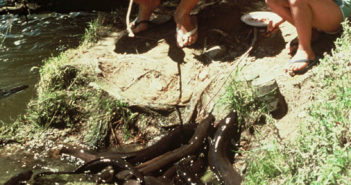
New Zealand’s Amazing Longfin Eels
The waters of New Zealand are home to a number of colourful moray eel species and conger eels, which can be dived with in places such as the Poor Knights marine reserve in Northland. Spending time with eels isn’t restricted to scuba diving though, as the land of the long white cloud is also home to the Longfin eel; a freshwater species only found in New Zealand and declining in numbers.
New Zealand’s Amazing Longfin Eels
The waters of New Zealand are home to a number of colourful moray eel species…
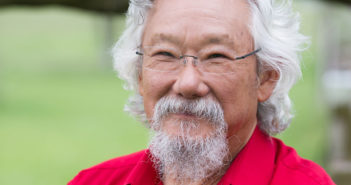
Better discourse for a kinder world
The U.S. election was a chilling illustration of the atrocious state of public discourse. It doesn’t bode well for a country once admired for leadership in education and science.
Better discourse for a kinder world
The U.S. election was a chilling illustration of the atrocious state of public discourse. It…
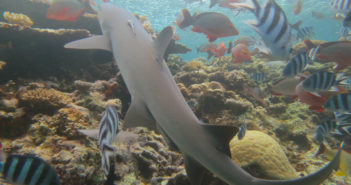
Kiribati creates large shark sanctuary
Kiribati, an island nation in the central Pacific Ocean, is committed to protecting their waters from overfishing and have recently announced they have established a large shark sanctuary. The sanctuary is approximately the size of India and commercial shark fishing is banned within it
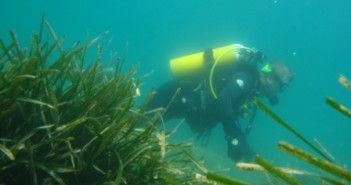
Kiribati creates large shark sanctuary
Kiribati, an island nation in the central Pacific Ocean, is committed to protecting their waters…

Hard work and love trump fear and hate
Now what? Many people in the United States and around the world are dismayed that a bigoted, misogynistic, climate change denier has been elected to the highest office in what is still the world’s most powerful nation. His party controls the House and Senate, meaning pro-fossil-fuel, anti-climate-action representatives who reject overwhelming and alarming scientific evidence will hold the reins. It will be a government firmly in the pocket of the fossil fuel industry. But global warming isn’t going to pause for four years. It’s going to accelerate. Do we give up?
Hard work and love trump fear and hate
Now what? Many people in the United States and around the world are dismayed that…
Frogfish Lure
Turns out, Frogfish are even cooler than you thought! Frogfish are one of those fish…
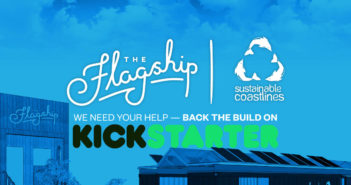
Charity launches campaign for New Zealand’s most sustainable building
Imagine beaches that are free from rubbish, healthy rivers that we can swim in, and people everywhere who are inspired to look after the places we love. This is the vision of non-profit group Sustainable Coastlines. The charity recently launched a crowd-funding campaign to help complete The Flagship Education Centre – a unique and ambitious re-locatable building planned for Auckland’s Wynyard Quarter, and they need your help.
Charity launches campaign for country’s most sustainable building
Imagine beaches that are free from rubbish, healthy rivers that we can swim in, and…
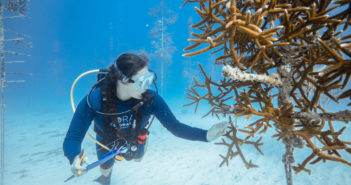
Florida Reef Tract Restoration Efforts Scaling
Coral Restoration Foundation has been awarded $2.1 million in funding from the National Oceanic and…

Extinction crisis signals that it’s time to change course
Clean air, water and soil to grow food are necessities of life. So are diverse plant and animal populations. But as the human population continues to increase, animal numbers are falling. There’s a strong correlation. A comprehensive report from the World Wildlife Federation and the Zoological Society of London found that wild animal populations dropped by 58 per cent between 1970 and 2012, and will likely reach a 67 per cent drop by 2020 if nothing is done to prevent the decline.

Extinction crisis signals that it’s time to change course
Clean air, water and soil to grow food are necessities of life. So are diverse…
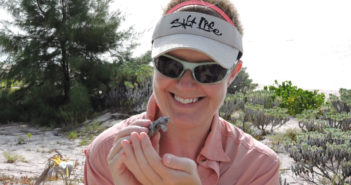
Record Breaking Nesting Season for Cayman’s Sea Turtles
The 2016 sea turtle nesting season is coming to an end, and its’s been a…

The Honourable Minister LeBlanc announces a big step forward for more transparent fisheries management
On the 26th October 2016 at Oceana Canada’s symposium, Rebuilding Abundance: Restoring Canada’s Fisheries for Long-Term Prosperity, the Honourable Dominic LeBlanc, Minister of Fisheries, Oceans and the Canadian Coast Guard, announced that his department has released key information on the status of Canadian fish stocks, sharing the results of an annual Sustainability Survey for Fisheries, and investing additional funds to increase science capacity.
The Honourable Minister LeBlanc announces a big step forward for more transparent fisheries management
On the 26th October 2016 at Oceana Canada’s symposium, Rebuilding Abundance: Restoring Canada’s Fisheries for…
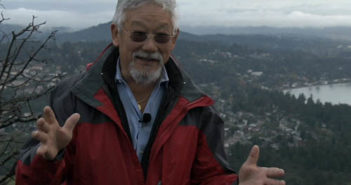
“World class” may not mean much when it comes to oil spill response
In July, a pipeline leak near Maidstone, Saskatchewan, spilled about 250,000 litres of diluted oil sands bitumen into the North Saskatchewan River, killing wildlife and compromising drinking water for nearby communities, including Prince Albert. It was one of 11 spills in the province over the previous year.
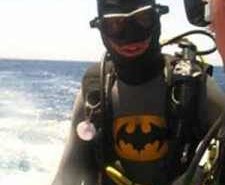
“World class” may not mean much when it comes to oil spill response
In July, a pipeline leak near Maidstone, Saskatchewan, spilled about 250,000 litres of diluted oil…
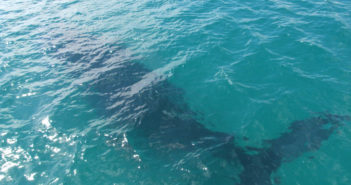
Interactive Conservation: New Zealand
It’s unnerving to think that each year, hundreds of whales and dolphins strand on the shores of New Zealand. In fact, New Zealand has the highest stranding rate in the world. Some are sick or injured; others are perfectly healthy and need a helping hand back into the water. 300 strand in New Zealand each year and mass stranding can also be common, which can involve 100s of animals at a time. But if you were to see a beached whale how many of us actually know how to help these magnificent marine mammals get back to the water?
Interactive Conservation: New Zealand
It’s unnerving to think that each year, hundreds of whales and dolphins strand on the…
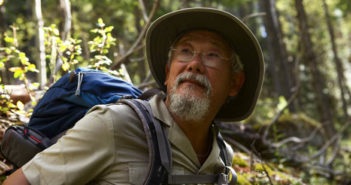
Food security is important for humans and other animals
As leaves change colour and drop from trees, and a chill in the air signals the approach of winter, many of us are thinking of the fall harvest and hearty soups and dishes that will soon warm our bellies.
Food security is important for humans and other animals
As leaves change colour and drop from trees, and a chill in the air signals…
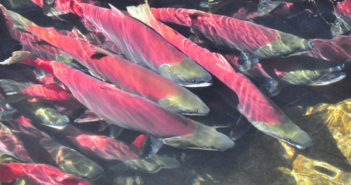
We’re going to court to protect wild salmon — again.
Taking the Minister of Fisheries and Oceans to court to protect wild salmon is nothing new for us.
As you might remember, last year we successfully argued that the Minister had unlawfully delegated his regulatory responsibilities to fish farm companies and won a precedent-setting legal victory.
We’re going to court to protect wild salmon — again.
Taking the Minister of Fisheries and Oceans to court to protect wild salmon is nothing…

We can’t dig our way out of the fossil fuels pit
I’ve often thought politicians inhabit a parallel universe. Maybe it’s just widespread cognitive dissonance, coupled with a lack of imagination, that compels them to engage in so much contradictory behaviour. Trying to appease so many varying interests isn’t easy.
We can’t dig our way out of the fossil fuels pit
I’ve often thought politicians inhabit a parallel universe. Maybe it’s just widespread cognitive dissonance, coupled…
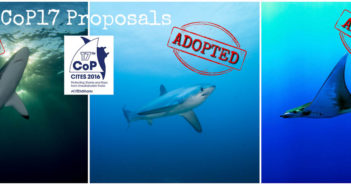
Conservationists Welcome Shark & Ray Listings at CITES CoP
13 Species Listed in Plenary, NGOs look to implementation, remaining threats. Conservationists are delighted that…
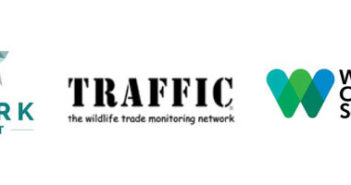
Conservationists Cheer Progress on Sharks & Rays at CITES CoP
Countries Must Now Finalize Decisions in Plenary Later This Week In a highly anticipated Committee…
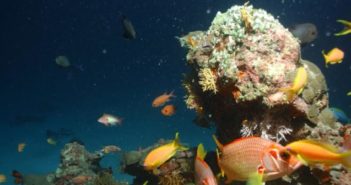
Surveying and safeguarding the coral reefs and whale sharks of the Maldives
Love Reefs? Want to put your diving skills to good use? Try this Reef Check diving expedition with a difference…..

Surveying and safeguarding the coral reefs and whale sharks of the Maldives
Love Reefs? Want to put your diving skills to good use? Try this Reef Check…


